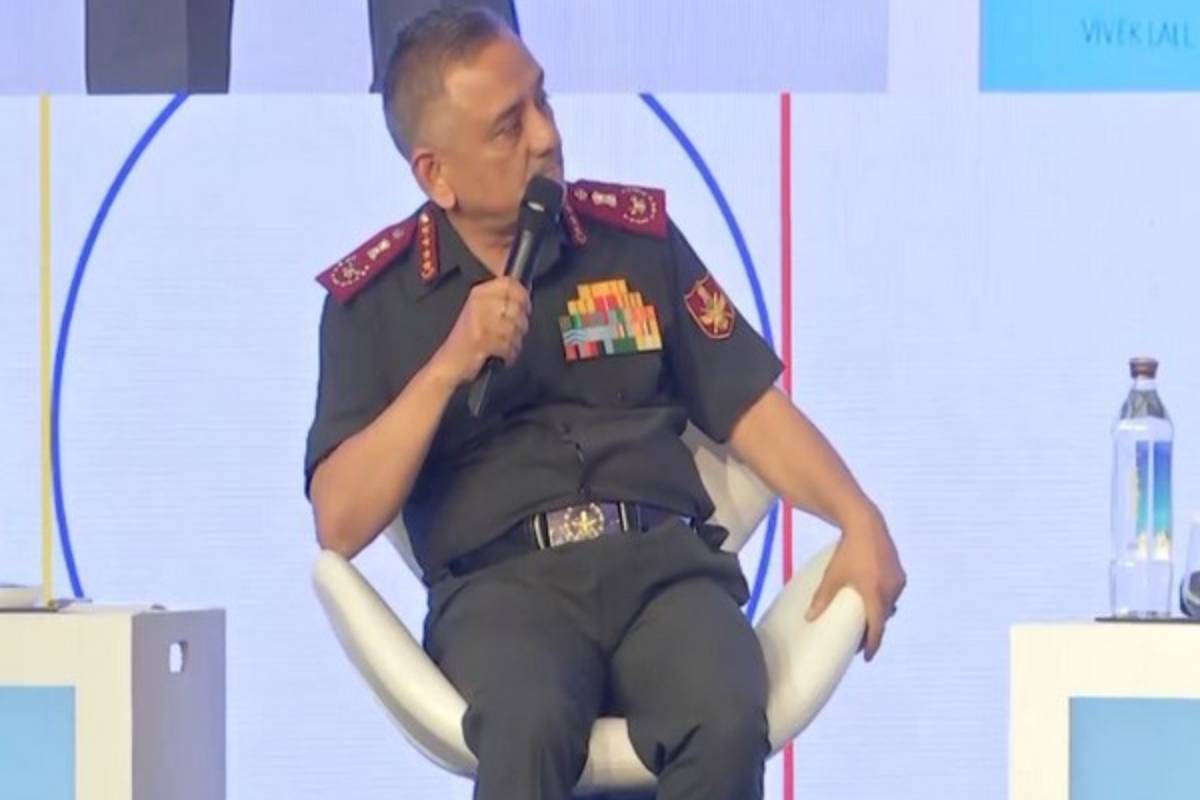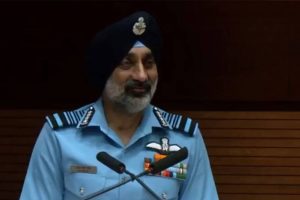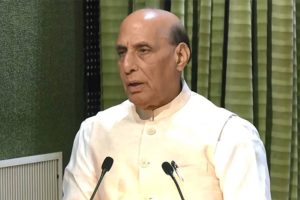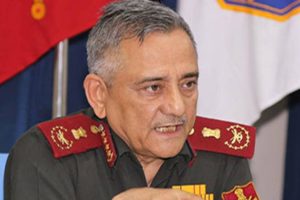Chief of Defence Staff (CDS) General Anil Chauhan on Wednesday emphasized that while technology plays a crucial role in modern warfare, it cannot replace human presence on the battlefield. Speaking at the Raisina Dialogue during a discussion on “Verses and Wars: Navigating Hybrid Theatres,” he highlighted India’s long-standing experience in dealing with asymmetric threats, long before the West introduced terms like “global war on terror” and “asymmetric warfare.”
Addressing India’s approach to countering hybrid threats from both state and non-state actors, General Chauhan said, “India has always referred to this as ‘subconventional conflict’—a term we coined much before the West spoke of asymmetric warfare or fourth-generation warfare. The biggest lesson we have learned is that there is no substitute for boots on the ground. Technology can be an enabler, but it cannot replace people.”
He further outlined three key lessons India has learned from its battles against hybrid conflicts:
- Shaping the Combat Zone: Unlike conventional warfare, hybrid conflicts focus on shaping the mindscape rather than the landscape. He stressed that “the battle of minds” plays a critical role in hybrid warfare.
- The Role of Intelligence: Both human and technical intelligence are crucial, not just in active combat zones but also in surrounding areas.
- Collaborative Approach: Effective countermeasures require a “whole-of-government” approach, involving close coordination between the state government and local law enforcement.
General Chauhan pointed out that the global security landscape has changed drastically. “When I joined the army 43 years ago, we were taught about traditional, declared wars. Today, conflicts are ongoing, unpredictable, and constantly evolving. The biggest challenge for India is to train personnel for both conventional and hybrid warfare,” he said.
He also highlighted disinformation as a significant internal threat, particularly for a diverse country like India. “Disinformation and cognitive warfare are major challenges. It can create internal strife in our multicultural, multi-ethnic society.”
Another critical challenge, he noted, is the rapid pace of technological advancements. Absorbing and adapting to these changes requires continuous retraining of personnel.
Vivek Lall, Chief Executive of General Atomics Global Corporation (USA), echoed similar concerns, stressing that speed and persistent surveillance are essential to modern defense strategies.
“Persistent surveillance deters conflict and force. Robust data sharing among allies, specialized training, and electromagnetic spectrum dominance are crucial. The US-India defense relationship is strong, and India’s industrial capabilities, including startups, have proven world-class,” Lall said.
As nations navigate an increasingly unpredictable security environment, the emphasis on intelligence, strategic collaboration, and technological adaptation remains crucial—while keeping human expertise at the forefront.





